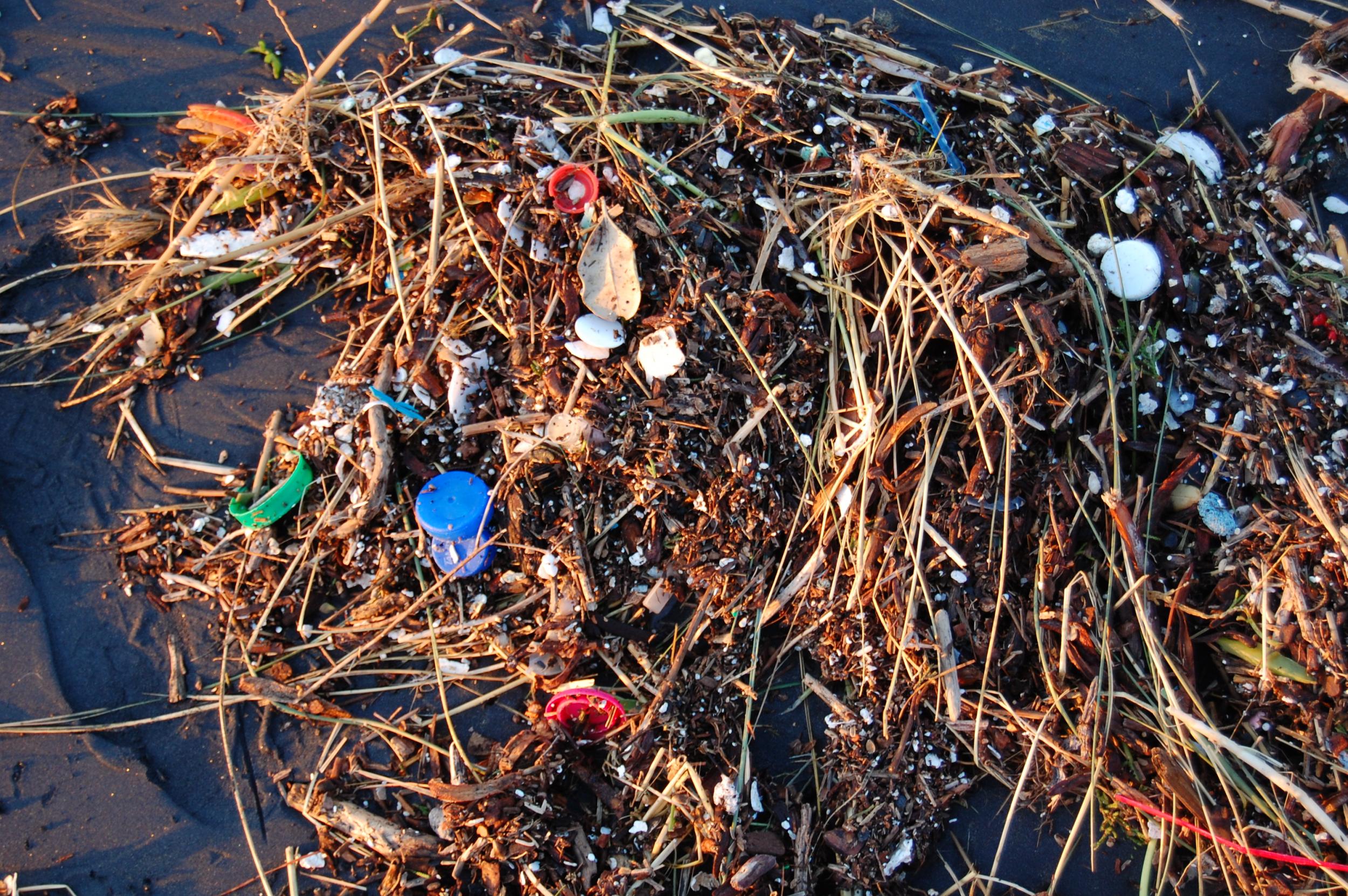Plastic pollution harms bacteria that produce 10 per cent of oxygen we breathe, study reveals
‘This study revealed a new and unanticipated danger of plastic pollution’
Plastic pollution harms bacteria in the ocean that produce 10 per cent of oxygen we breathe, new research has revealed.
Chemicals leached from plastic interfere with the growth of prochlorococcus, the ocean’s most abundant photosynethic bacteria and a critical part of the marine food web.
“This study revealed a new and unanticipated danger of plastic pollution,” co-author of the paper Lisa Moore from Macquarie University told The Independent.
People are aware about animals ingesting plastic but virtually nothing is known about how it affects life-giving bacteria at the base of the marine food chain.
This is the first study to look at how plastic affects prochlorococcus, which has a global population of three octillion individuals.
“These tiny microorganisms are critical to the marine food web, contribute to carbon cycling and are thought to be responsible for up to 10 per cent of the total global oxygen production”, said lead author and Macquarie University researcher Dr Sasha Tetu.
“So one in every 10 breaths of oxygen you breathe in is thanks to these little guys, yet almost nothing is known about how marine bacteria, such as prochlorococcus, respond to human pollutants.”
In laboratory experiments, researchers exposed two strains of prochlorococcus to chemicals leached from two common plastic products – grey plastic grocery bags and PVC matting.
Exposure to these chemicals impaired their function and altered the expression of a large number of genes, according to the paper published in Communications Biology.
“Our data shows that plastic pollution may have widespread ecosystem impacts beyond the known effects on macroorganisms, such as seabirds and turtles,” said Dr Tetu.
“If we truly want to understand the full impact of plastic pollution in the marine environment and find ways to mitigate it, we need to consider its impact on key microbial groups, including photosynthetic microbes.”

Plastic pollution already causes more than £10bn ($13bn) in economic damage to marine systems each year. The problem is only getting worse, with marine plastic set to outweigh fish by 2050.
“If management of plastic waste is left unattended, prochlorococcus populations could decrease in some locations, which could affect the other organisms that depend on prochlorococcus for food,” Dr Moore said.
“It is possible that some prochlorococcus are already affected when in close proximity to plastics.
“However, it would be decades before enough plastics build up in the oceans to affect prochlorococcus populations on a global scale.”
Conducting tests in the field is the next step for this research, said the authors of the study.
Join our commenting forum
Join thought-provoking conversations, follow other Independent readers and see their replies
Comments
Bookmark popover
Removed from bookmarks